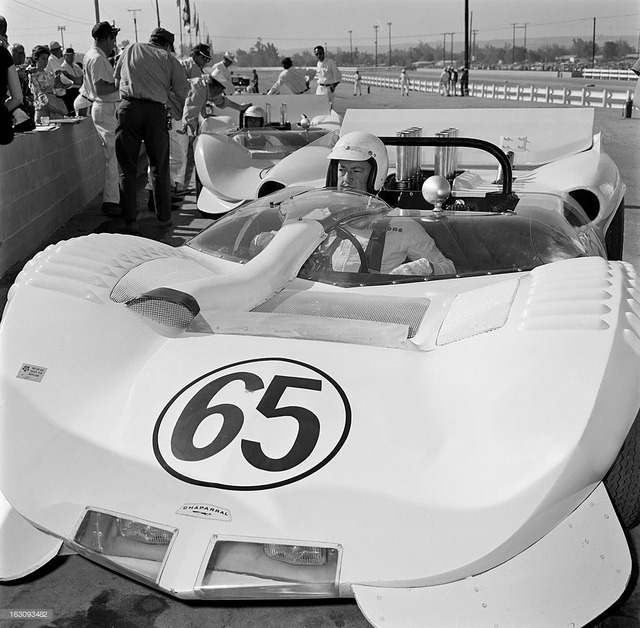Editor's Note: Peter's column about the future of racing is still resonating in the racing world, so we're going to run it again. Peter will return with a new "Fumes" column next week. -WG
By Peter M. DeLorenzo
Detroit. It's clear that the future of the automobile is in flux. The gloomiest of prognostications suggest that private car ownership and driving independently will become obsolete, and instead we'll just summon autonomous pod cars, pay by the ride and that will be our transportation future. I don't subscribe to the idea that this will become the norm across this vast country - in select urban centers, maybe, but only a heavily modified version of that idea. But get outside of the urban centers and the automobile - and automobile culture - as we know it will continue for a long, long time to come.
But as the sport becomes more and more detached from the realities of everyday transportation, and the notion of "proving" new technologies for consumer vehicles on the race track fades from importance, what will be left? Enthusiasts who buy into the electric future point to Formula E as the new focal point of racing, but I disagree. The reality is that the glorified slot car noises generated by the Formula E cars leave much to be desired.
As enthusiastic as I was initially about electrified racing, it's clear to me that without the visceral appeal associated with the magnificent sounds of racing and motorsport, there is very little attraction left.
So what about the future of racing and motorsport? I think we're entering into a new phase where racing will exist unto itself, a combination of nostalgia and appreciation for internal combustion machines that once dominated the motorized world. In fact, as we move toward this electrification/autonomous transportation future, the sounds of racing machines will become the attraction, and as long as there are enthusiasts out there who appreciate that sound and fury, racing will still occupy a special place in our sporting world. As for driving enthusiasts who still crave the speed and power - and independence - of driving high-performance machines, track days will become the norm and amateur racing will be the last bastion of that kind of driving freedom.
The reality for racing going forward is that whether it be IndyCar, NASCAR, Formula 1, sports cars, short tracks, rally cross, etc., etc., as racing becomes more and more detached from the grim realities of where our public and consumer transportation is going, it will all become some form of "vintage" racing.
And I'm actually fine with that, because participating in, or attending racing events will become a celebration of the golden age of our magnificent motorized era, and I see that having a distinct appeal for decades to come.
And that's the High-Octane Truth for this week.
Editor's Note: Many of you have seen Peter's references over the years to the Hydrogen Electric Racing Federation (HERF), which he launched in 2007. For those of you who weren't following AE at the time, you can read two of HERF's press releases here and here. And for even more details (including a link to Peter's announcement speech), check out the HERF entry on Wikipedia here. -WG
Publisher's Note: As part of our continuing series celebrating the "Glory Days" of racing, this week's image is from the Ford Racing Archives. - PMD

(Photo by Dave Friedman)
Riverside International Raceway, 1965. Hap Sharp (No. 65 Chaparral 2C Chevrolet) and Jim Hall (No. 66 Chaparral 2C Chevrolet) during practice for the "Riverside 200," the Eighth Annual Los Angeles Times Grand Prix for Sports Cars. Sharp won the race, Jim Clark (No. 1 Team Lotus Lotus 40 Ford) was second and Bruce McLaren (No. 4 McLaren Cars McLaren Elva Mark II Oldsmobile) finished third.